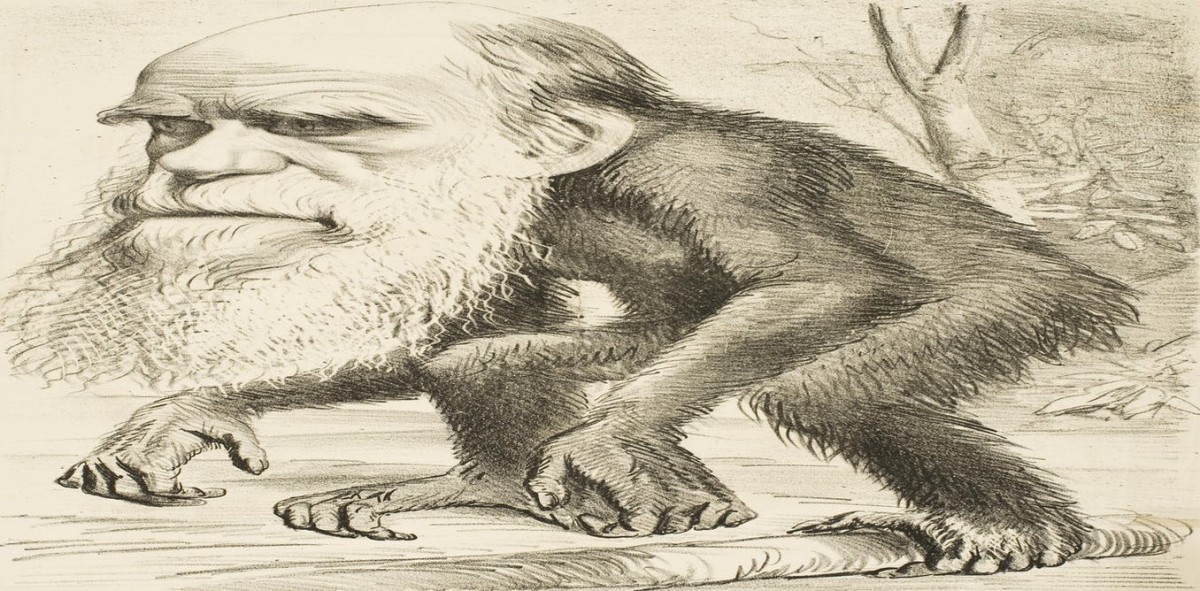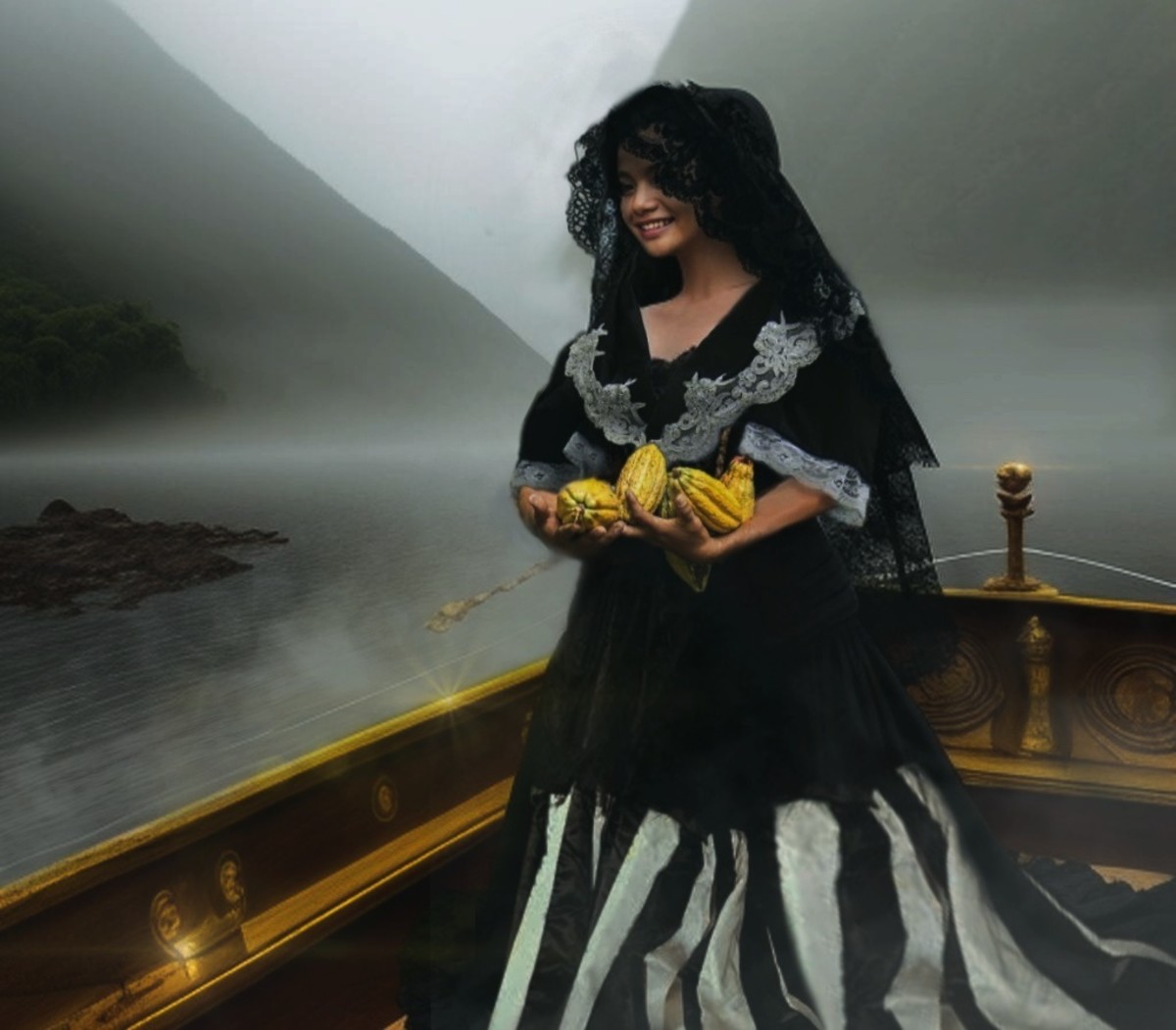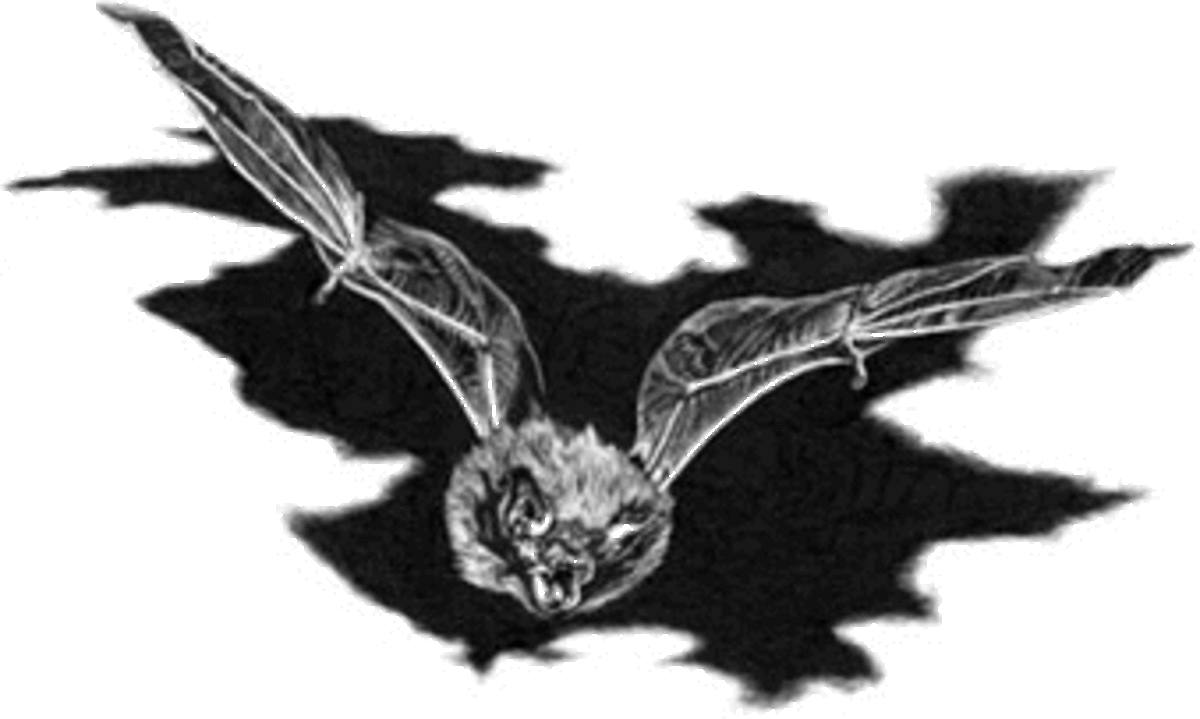Selkies and the Immersion of Man
Selkie Spotting
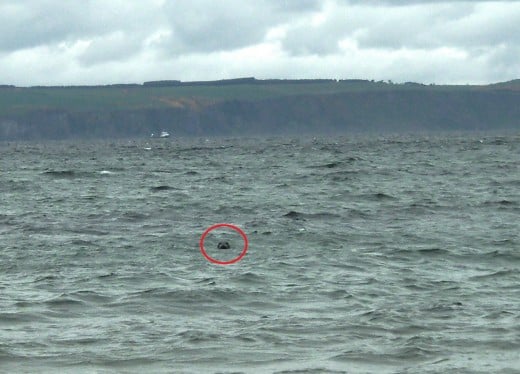
Local Legends
I live in the small seaside town of Nairn, in the Highlands of Scotland, which seals often pop up to visit. I have often been followed along the shore by these curious creatures, the head bobbing in the water whilst I walk slowly on. They are friendly and playful and remarkably human. Which may be part of the reason for the abundance of folk tales where seals take human form.
It was used to be believed, locally that if a man found an empty seal skin he should wait to see the person who comes to search for it, because that person was a selkie. If a man was to steals a female selkie's skin she would be in his power and must become his wife. But if she finds her hidden skin she will return to her home in the sea, and to her selkie husband. Male selkies usually seek those dissatisfied with their lives, such as married women waiting for fishermen husbands. If a woman wants to contact a selkie, she must shed seven tears into the sea.
It is believed that Selkies can only take on their human appearance at certain times of the year usually around midsummer, or at the highest of spring tides.
Selkies shouldn't be confused with Kelpies, though the names sound similar. Kelpies are water horses, sea monsters which take the form of beautiful horses to lure people onto their backs so that they can drag the unfortunate victims into the water and drown them.
Transformation
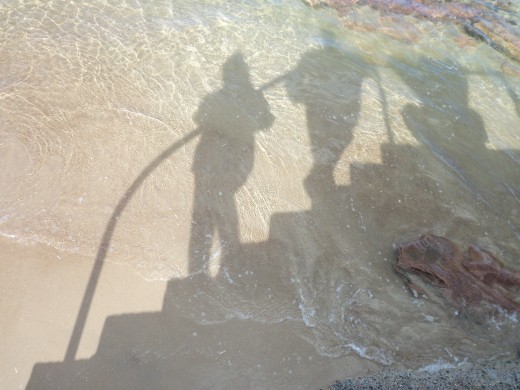
The Immersion of Man
The Immersion of Man is a theory of evolution first put forward by the British zoologist Sir Alister Hardy but taken to its logical conclusions by Elaine Morgan in her books The Descent of Woman and The Aquatic Ape, written in the 1980's. This basically states that many animals may have evolved into their current form due to immersion in water.
About 28 million years ago, relatives of dogs and bears submerged to become otters, beavers and seals. Therefore, is it so hard to suppose that mankind, in His earliest, ape-like incarnation, could have done the same? How else did we become the only naked apes? All other hairless mammals in the world today spend much time in water or are wholly aquatic. Human babies breathe and swim naturally underwater when first born, showing that, at one time, this may have been the normal way they came into the world.
The reason we still retain the hair on our heads may be accounted for by the need for insulation against the heat of the sun or simply as something for the floating babies to cling to (why women retain their hair for longer than men).
Scientifically, this is backed up by research. Primarily into the 'dive reflex.' This is the phenomena whereby the heartbeat slows when water comes into contact with the face of a person. This effect is noted in seals as well, but not in other land mammals.
Similarly, forward facing sex (the way we do it) is the natural way it is practiced by all ocean dwelling mammals, since this is the easiest way when buoyed up by the water. These conclusions as well as many others (The development of speech for instance, due to expansion of the larynx, through breath control underwater, to name one), have led me to believe that Man did, indeed, evolve into His current state due to immersion in the water. Why this took place, it has been posited, may have been because natural disasters forced our ancestors to find shelter there.
Perhaps in the interval other apes walked upright, took to the savannahs and evolved into Neanderthals; whilst in the water humans evolved into Cro-Magnons, as a parallel form of evolution. This parallel evolution (which may have included other branches) could even account for sightings of yeti or bigfoot creatures, who are their descendants.
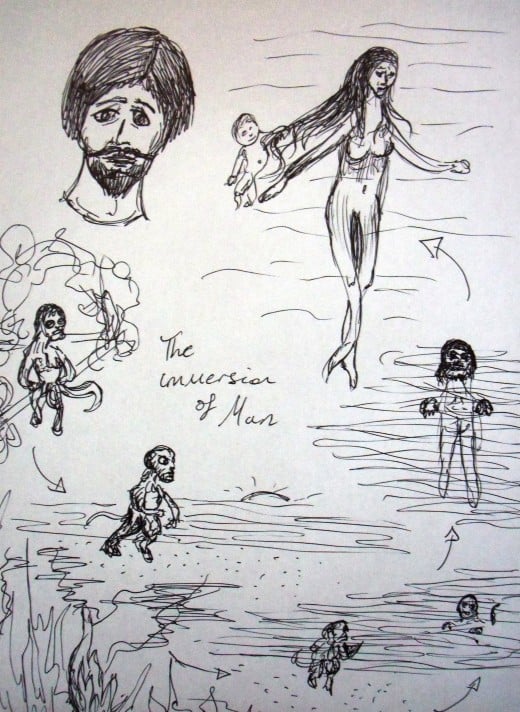
Selkies and Mermaids: Sea Dwelling Man
Could Selkies, then, be some strange folk memory of a time when we, as a race, emerged from the waters to walk upright? Or perhaps the process did not occur simultaneously in all parts of the world and, whilst there were settlements of permanent land dwellers, others remained in the seas for a longer period of time.
If one of these ocean dwellers then emerged into a settled village, when the people there had forgotten their time in the seas, what would the people make of it? They knew of the seal who came and basked on the shores, so logically they said, the stranger must be a seal man. And tales of mermaids in other parts of the world could bear out this theory.


